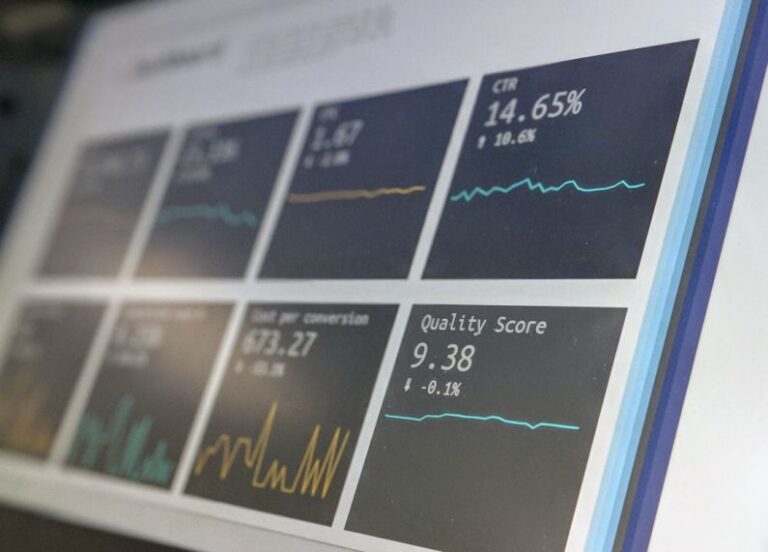Optimizing Fleet Management for Better Performance
In today’s fast-paced business environment, optimizing fleet management is crucial for companies looking to improve efficiency and lower costs. By implementing the right strategies and utilizing technology effectively, businesses can enhance the performance of their fleets and streamline operations. From route optimization to vehicle maintenance, there are various factors to consider when aiming to maximize fleet performance.
**Utilizing Advanced Technology**
One of the key ways to optimize fleet management is by leveraging advanced technology solutions. The use of GPS tracking systems, telematics, and fleet management software can provide real-time data on vehicle location, fuel consumption, driver behavior, and maintenance needs. By tracking this information, companies can make informed decisions to improve route planning, reduce idle time, and minimize fuel consumption. Additionally, technology can help automate processes such as scheduling maintenance checks and sending alerts for potential issues, ensuring that vehicles are always in optimal condition.
**Implementing Route Optimization**
Route optimization plays a significant role in improving fleet performance. By analyzing data on traffic patterns, weather conditions, and delivery schedules, companies can determine the most efficient routes for their drivers. This not only reduces fuel costs but also enhances customer satisfaction by ensuring timely deliveries. Real-time updates and alerts can further help drivers navigate traffic and avoid delays, ultimately improving overall fleet productivity.
**Driver Training and Monitoring**
Investing in driver training and monitoring programs is essential for optimizing fleet performance. By educating drivers on fuel-efficient driving techniques, safe practices, and compliance with regulations, companies can reduce fuel consumption, minimize wear and tear on vehicles, and enhance overall safety. Monitoring driver behavior through telematics systems can provide valuable insights into areas for improvement, such as excessive idling, harsh braking, or speeding. By addressing these issues and providing feedback to drivers, companies can optimize fleet performance and promote a culture of accountability.
**Effective Maintenance Scheduling**
Regular maintenance is crucial for keeping vehicles in top condition and preventing breakdowns that can disrupt operations. Implementing a proactive maintenance schedule based on mileage, usage, and manufacturer recommendations can help companies avoid costly repairs and downtime. Fleet management software can assist in tracking maintenance tasks, scheduling service appointments, and monitoring vehicle performance metrics. By staying on top of maintenance needs, companies can prolong the lifespan of their vehicles, reduce repair costs, and ensure that their fleets operate at peak efficiency.
**Data Analysis and Performance Metrics**
Analyzing data and performance metrics is essential for identifying trends, spotting inefficiencies, and making informed decisions to optimize fleet management. By tracking key performance indicators such as fuel efficiency, maintenance costs, driver productivity, and on-time delivery rates, companies can pinpoint areas that require attention and implement targeted strategies for improvement. Data-driven insights can also help companies forecast future needs, allocate resources effectively, and adapt to changing market conditions.
**Conclusion: Driving Towards Success**
Optimizing fleet management is a continuous process that requires a combination of technological solutions, strategic planning, and a focus on efficiency. By utilizing advanced technology, implementing route optimization strategies, investing in driver training, scheduling regular maintenance, and analyzing performance metrics, companies can enhance the performance of their fleets and drive towards success. By prioritizing optimization efforts and staying proactive in addressing challenges, businesses can achieve cost savings, improve customer satisfaction, and maintain a competitive edge in today’s dynamic marketplace.






